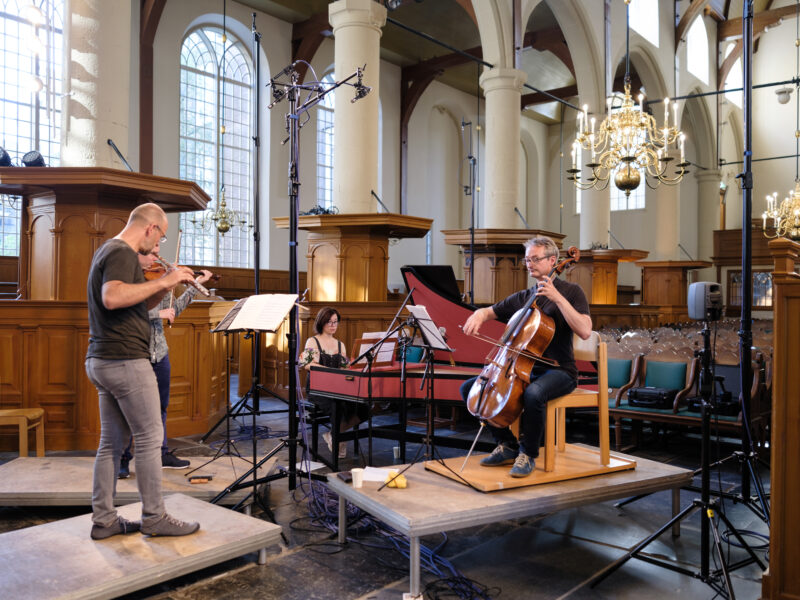This is not Bach. I guess that everyone has a story with Bach: musicians, music lovers, classical players, improvisers, composers, rock- as well as folk musicians. Most of these stories probably start with a recording that was playing at home, and very likely it was the Goldberg Variations played by Glenn Gould. Or the Cello suites played by Pablo Casals, Henryk Szeryng playing the Chaconne or Willem Mengelberg conducting the St. Matthew Passion.
|
|
This title is available as:
About the album
This is not Bach.
I guess that everyone has a story with Bach: musicians, music lovers, classical players, improvisers, composers, rock- as well as folk musicians. Most of these stories probably start with a recording that was playing at home, and very likely it was the Goldberg Variations played by Glenn Gould. Or the Cello suites played by Pablo Casals, Henryk Szeryng playing the Chaconne or Willem Mengelberg conducting the St. Matthew Passion. Maybe it was Stokowski’s arrangement of Toccata and Fugue in D minor. Some probably don’t even know that they are hearing a Bach tune when listening to Paul Simon’s American Tune or Paul McCartney’s Blackbird. However, I did not have this early positive exposure to Bach’s music — on the contrary, I was scared of it. The first time I played Bach was at the age of 12, at the National Youth Competition in Germany. I performed the E-flat major Sonata with my father accompanying me on the piano. The jury had only two comments: ‘find a better pianist’ and ‘this is not Bach’.
This is not Bach. How many times must I have heard this comment? Not only about my own playing, but that of friends, classmates or my brother, who is a pianist. How do you deal with this type of criticism? Work on your skills? Do more research? Learn all the rules? Behave in a certain way? Or just avoid this music altogether? I went for the last option.
My moment of awakening happened quite late at the age of 20, during a rehearsal of Bach’s Christmas Oratorio. My professor, who knew about my problems with Bach, asked me to play this gig with her. No words, no explanation, no teaching, just playing. We started the Sinfonia, and I was immediately taken. Bach was beautiful!
What followed was a journey of learning and discovery. Slowly the godlike, untouchable monument that was Bach became a person, a composer just like my dad, a man who was not only a genius inventor of music but a phenomenal improviser and restless discoverer of new techniques in writing and playing, a collector of earlier music, and someone who was always curious about the works of others. Being responsible for entire concert seasons in Köthen, Weimar or Leipzig he was also a very practical man. Copying his own work (and that of others), transcribing it, parodying and rearranging it into new combinations was common practice. Therefore, a great deal of his work is not original music but actually copy-pasted, and many pieces that have survived until today are arrangements of other versions of earlier transcriptions of new combinations of different movements from…
Years ago, a friend of mine gave me his ‘completion’ (only a few bars) of the A major sonata’s first movement. I was so electrified by the idea that one can actually do this: lay hands on a masterpiece, restore it, be Bach’s assistant, apprentice or student. Over several years I worked on my own completion of this piece, testing it in various performances, correcting, destroying, reconstructing until I ended up with the version you hear on this recording. In the spirit of transformation, I decided to arrange it into a trio sonata with violin to bring more clarity to the polyphonic structure.
With that, my appetite was whetted. I started working on other pieces that I found worthy of getting some sort of makeover or ‘explanation’. I initially created my versions of the two originally solo pieces, the A minor Partita and the C major violin Sonata to explain the structure of the music, its harmony, phrasing and character. The urge and necessity to do this has very much been a result of teaching. It was teaching that brought up such questions as where to breathe, which notes to emphasize and how to phrase, and it was teaching that made me doubt many traditions or habits that everybody (including myself) seems to agree to without actually knowing where they come from.
So here is the result of my journey… so far. And for the first time, people might be right in saying: This is not Bach! Indeed, it is not. But it is his spirit, and that’s what matters most to me.
Tracklist click to play/pause
-
Kersten McCall
To Bach
0:280:28
-
Johann Sebastian Bach (arr. Kersten McCall)
Partita in A minor, BWV 1013
-
I. Allemande
5:045:04
-
II. Corrente
3:553:55
-
III. Sarabande
4:214:21
-
IV. Bourrée anglaise
2:422:42
-
-
Kersten McCall
Zifix!
1:541:54
-
Johann Sebastian Bach (arr. Kersten McCall)
Sonata in C major, BWV 1033
-
I. Andante - Presto
1:231:23
-
II. Allegro
2:342:34
-
III. Adagio
1:241:24
-
IV. Menuetto I & II
2:212:21
-
-
Kersten McCall
Ach
1:251:25
-
Johann Sebastian Bach (arr. Kersten McCall)
Sonata in C major, BWV 1005
-
I. Adagio
2:372:37
-
II. Fuga
6:526:52
-
III. Largo
2:452:45
-
IV. Allegro assai
5:015:01
-
-
Johann Sebastian Bach / Paul Frick
Et Expecto (Rearrangement)
1:521:52
-
Johann Sebastian Bach (arr. Kersten McCall)
Sonata in A major, BWV 1032
-
I. Vivace
6:006:00
-
II. Largo e dolce
2:472:47
-
III. Allegro
4:284:28
-
More information
| Weight | 100 g |
|---|---|
| Dimensions | 142 × 125 × 10 mm |
| Label | TRPTK |
| Genre(s) | Classical – Baroque (1600-1750) Classical – Contemporary (> 1920) |
| Artist(s) | Benedikt Enzler Julie Moulin Kersten McCall María Cristina González Mariya Semotyuk Olga Matieva Tjeerd Top |
| Composer(s) | Bach, Johann Sebastian Frick, Paul McCall, Kersten |
| Recording location(s) | Waalse Kerk, Amsterdam (NL) |
| Recording date(s) | May - June 2022 |
| Cat. No. | TTK 0096 |
|---|---|
| Release date |
November 25th, 2022 |
| Additional links |
Tech specs
| Microphones | DPA 4041-SP (main) |
|---|---|
| Microphone preamps | Millennia HV-3D-8 |
| AD/DA conversion | Merging Technologies Hapi |
| Recording resolution | DSD 11.2MHz 1bit |
| Mastering resolution | PCM 352.8kHz 64bit |
| Monitoring (recording) | KEF LS50 |
| Monitoring (mastering) | KEF Blade Two |
| Cabling | Furutech custom microphone cables |
"McCall was deemed “a master” by no less a personage than Bernard Haitink, and one need only hear B.ACH to be convinced of the accuracy of the assessment. The flutist's artistry is on full display throughout this superb presentation."
Ron Schepper, Textura
"What a highly desirable recording: crisp, almost "in-the-face," a true must-have!"
Theo Wubbolts, FWD
"Too difficult, absurd, no room to breathe? No problems for Kersten McCall. In addition to sublime flute playing, the superb sound quality immediately stands out."
Frank Hougee, Luister Magazine
"Flutist Kersten McCall went through a long journey of learning, discovering AND adapting the music of Johann Sabastian Bach. It resulted in his extraordinary CD "B.ACH"."
Reformatorisch Dagblad
"How does it sound? Well, I can be pretty brief on that. These are all first-rate musicians, playing on first-rate instruments, and recorded as though they are playing for you in your listening environment. [...] Brendon Heinst’s engineering is at an equal artistic level, giving the players sufficient air around them, cleverly using the church’s acoustics, whilst avoiding disturbing reflections from empty-church walls."
Adrian Quanjer, HRAudio.net
"The Partita and the three Sonatas by Bach really show what a great instrumentalist McCall is. This also includes the unheard-of breathing technique he displays here. But not only technically does this musician, who is also very adept in the field of chamber music, make a name for himself: he really interprets this Baroque music as if it were composed today, extremely confidently, with much gusto and esprit. Together with the other six excellent musicians, he provides a true feast of sound that has been more than superbly recorded by Brendon Heinst in the Waalse Kerk in Amsterdam."
Aart van der Wal, OpusKlassiek
"What a highly desirable recording: crisp, almost "in-the-face," a true must-have!"
Theo Wubbolts, Music Emotion
"The violin sonata BWV 1005 in arrangement for flute quartet sounds particularly convincing. The works are interspersed with short interludes by McCall. From the press release, "It would be nice if my album provoked some discussion." There is certainly a chance of that, but at least I found myself listening enthralled from beginning to end. Fascinated by the new approach to this familiar music, but certainly also by the phenomenal flute playing."
Bart Schmittmann, Fluit Magazine
Further reading
Related products
-
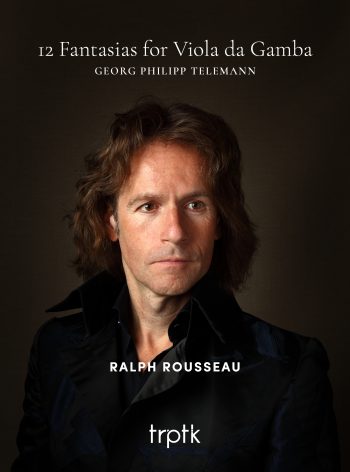
Telemann: 12 Fantasias for Viola da Gamba
Ralph Rousseau
CD
€ 7,50 | TTK0043 -

The Zoo
Merel Vercammen
2-CD
€ 9,00 | TTK0042 -
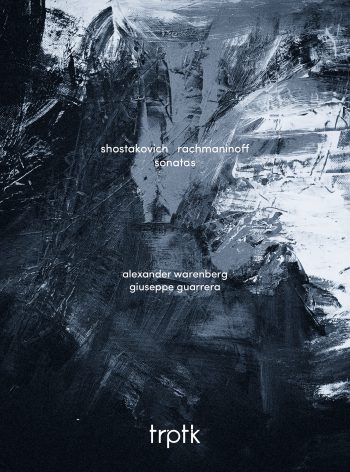
Sonatas
Alexander Warenberg
Giuseppe GuarreraCD
€ 7,50 | TTK0036 -
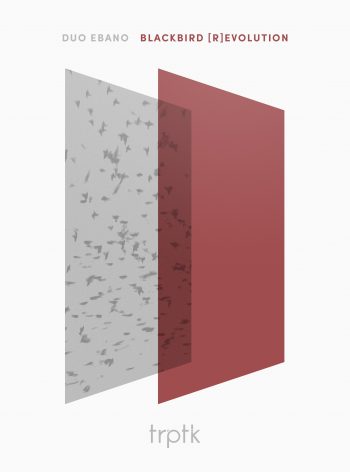
Blackbird (r)evolution
Duo Ebano
CD
€ 7,50 | TTK0048 -
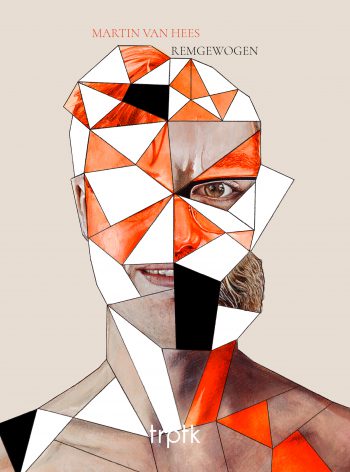
Remgewogen
Martin van Hees
CD
€ 7,50 | TTK0030 -
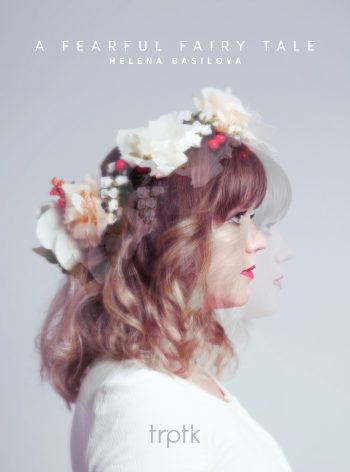
A Fearful Fairy Tale
Helena Basilova
CD
€ 7,50 | TTK0041




